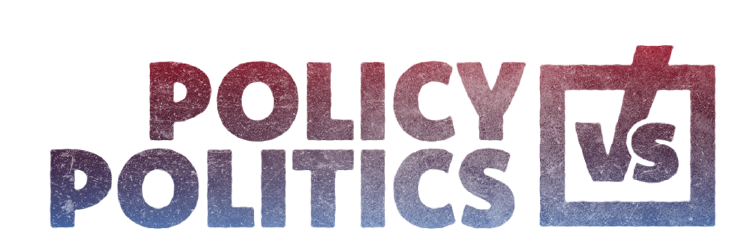When it comes to politics, people often hold passionate positions when it comes to their beliefs, which can sometimes lead to heated discussions and even arguments. Distinguishing what differentiates fact from opinion can help generate more constructive conversations and elevate your political discourse.
Learn the difference between facts, opinions, beliefs and prejudice in political discourse and discover how to navigate this complex intersection with understanding and respect by examining your own political perspectives for unconscious bias.
Defining Political Discourse: What Is It & How It Works
Political discourse refers to the exchange of ideas and positions around political issues. It can occur between institutions, groups and even individuals and is a vital aspect to any democratic society. Engaging in political discourse allows individuals to voice their opinions and actively participate in discussions about governance, policymaking and social issues. Ultimately, the goal of political discourse is to provide a space where, for the greater good of society, participants can come together, address societal issues and work toward resolutions.
Exploring the Intersection of Fact, Opinion, Belief and Prejudice in Political Discourse
In order to have effective political discourse, it’s necessary to distinguish between facts, opinions, beliefs and prejudice. Each of these elements can have a significant impact on the decisions we make as individuals and as a society, and understanding the differences between them can help us make more informed decisions and engage in respectful and constructive discussions.
- Facts are objective, verifiable pieces of information supported by evidence.
- Opinions are subjective viewpoints influenced by personal experiences or perceptions.
- Beliefs are convictions that individuals hold, either factual or opinion based.
- Prejudices are preconceived notions or biases based on stereotypes, assumptions or misinformation.
Political discourse often involves a combination of these elements. Although it can be difficult to remove opinions and prejudices from these conversations, it is essential to recognize and acknowledge the intersection of these elements in political discourse. This will help ensure that accurate information and respect for differing viewpoints are the basis for discussions.
How to Distinguish Fact and Opinion: What to Look For & How to Navigate Biases
When presented with information, always be sure to consider the source and evaluate its credibility. You should try to determine if the information is based on facts or opinions, as well as whether the source has any potential bias that could alter the information you’re encountering.
It is also important to acknowledge any personal biases when engaging with political discourse. Consider your own viewpoints and values and evaluate how they might influence your perception of facts. Being aware of your own personal prejudices might help you approach discussions with an open mind and allow you to more easily consider different perspectives.
Analyzing Your Own Political Perspectives for Unconscious Biases
Analyzing your own political perspectives for unconscious biases is a crucial step when engaging in political discourse. Unconscious biases are implicit attitudes or stereotypes that can influence how you perceive information or individuals. These biases can be based on several factors, including age, race, gender or political ideology.
In order to determine whether you have any unconscious biases, try reflecting on your beliefs and values and consider how they may influence your perception of information or people. You can also seek out diverse perspectives and engage in discussions with individuals who hold different viewpoints to challenge your own biases and broaden your understanding of different perspectives.
Conclusion
In political discourse, distinguishing between facts, views, beliefs and prejudice is a crucial step in ensuring that conversations are based on accurate information and respect for opposing viewpoints. It is important to be conscious of any prejudices we might hold and to approach discussions with an open mind, recognizing that different individuals may have different perspectives based on their own personal experiences and values. By engaging in political discourse with understanding and respect, we can become engaged citizens that value diverse perspectives and work together to reach decisions that benefit all members of society.
Learn more and get involved at PolicyvsPolitics.org.

